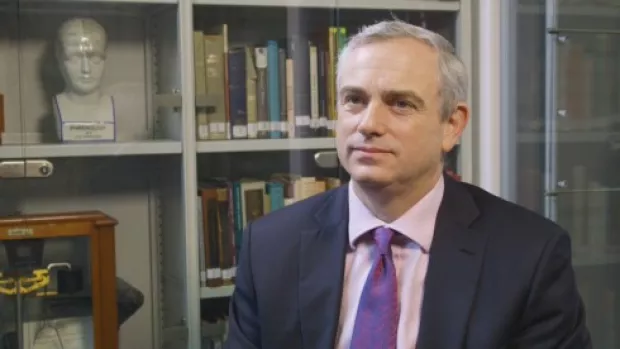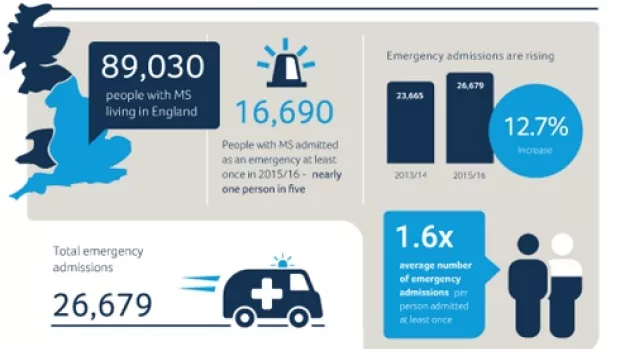Does early intensive treatment lead to better health outcomes in MS?

- Lead researcher:
- Dr Nikos Evangelou
- Based at:
- Nottingham University Hospital
- MS Society funding:
- £267,923
- Status:
- Active
About the project
We’re supporting a trial to find out if early intensive treatment is the best way to control accumulation of disability in relapsing MS.
One group will start off with a milder treatment. For example, beta interferons which are very safe and control relapses effectively for many people. They will only move on to a more intensive treatment if the first one doesn't effectively control their MS.
The other group will start with a more intensive treatment (like ocrelizumab or natalizumab). These treatments are more likely to effectively control your MS, but come with the risk of more serious side effects.
Researchers will also simply observe a group of people with relapsing MS who have chosen a particular treatment and see what happens.
The team will monitor people for three years. They will see how effective the treatments are by measuring brain shrinkage on MRI scans. This is a good indicator of long-term disability.
The trial will involve 800 people in the UK and USA who were recently diagnosed with relapsing MS and haven’t yet taken any MS treatments.
How will it help people with MS
For many people with MS, long-term disability has the biggest impact on their lives. And finding out whether early intensive treatment can affect how MS progresses in the long term is one of our top 10 research priorities. This trial will help people with MS make the right treatment decision for them.
The difference you can make
We want everyone with MS to have access to the treatments they need to live well with MS. You can help us understand more about different treatments by supporting research like this.




